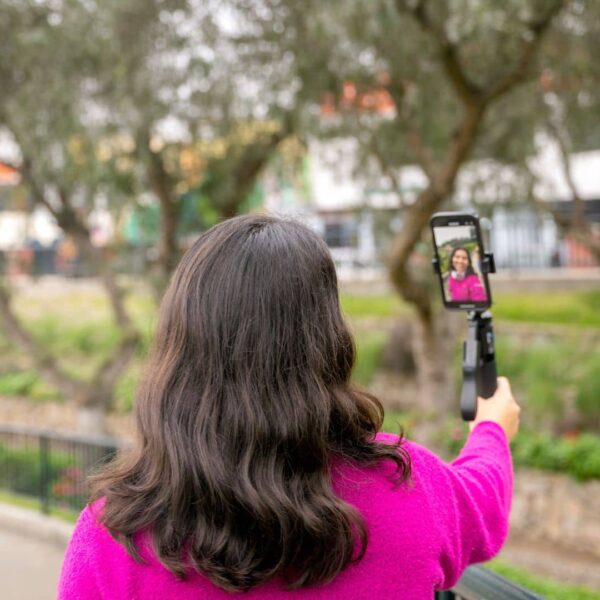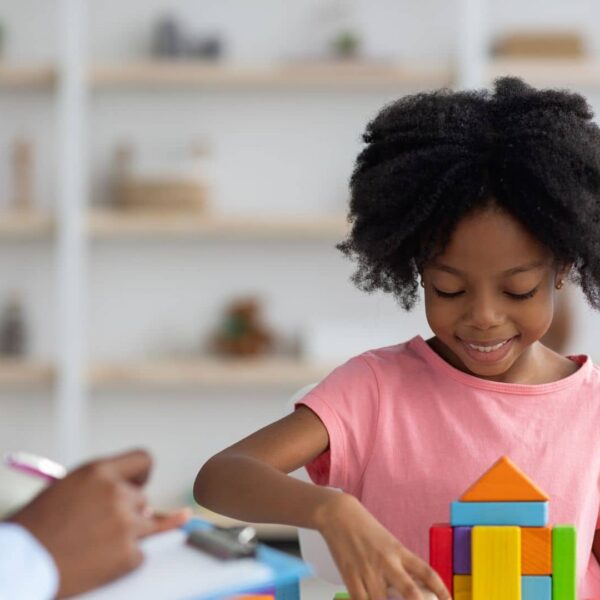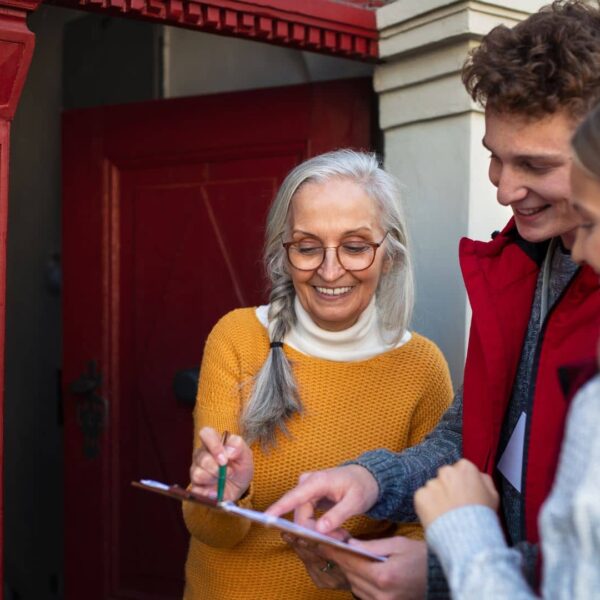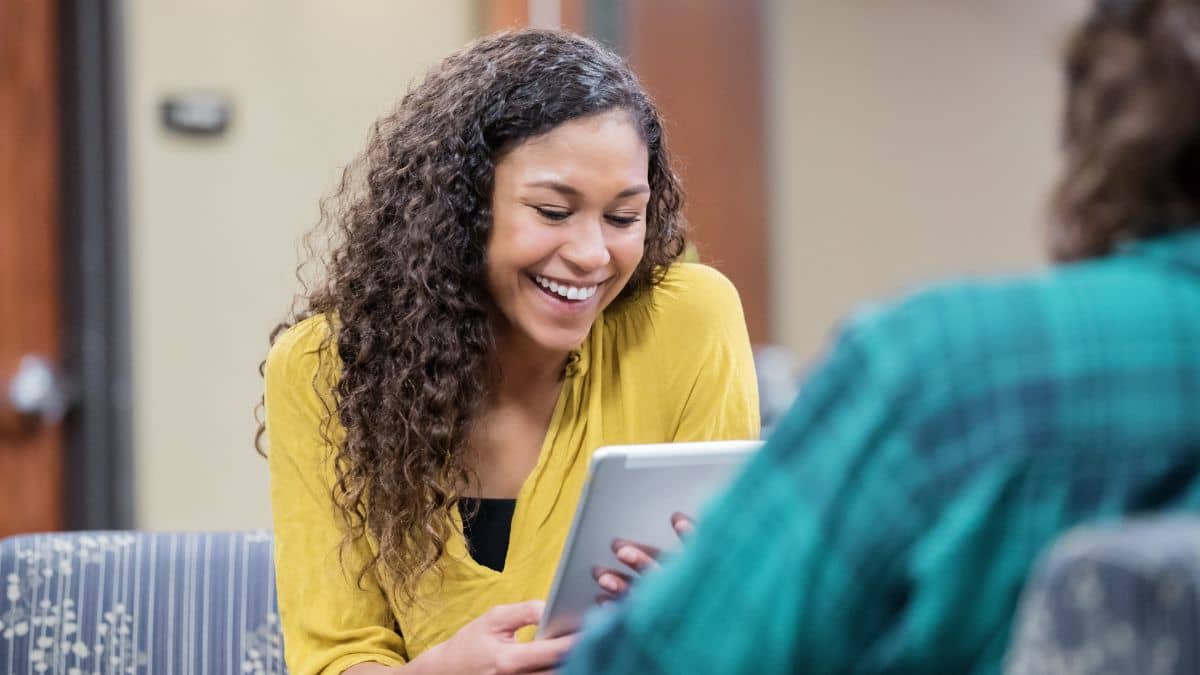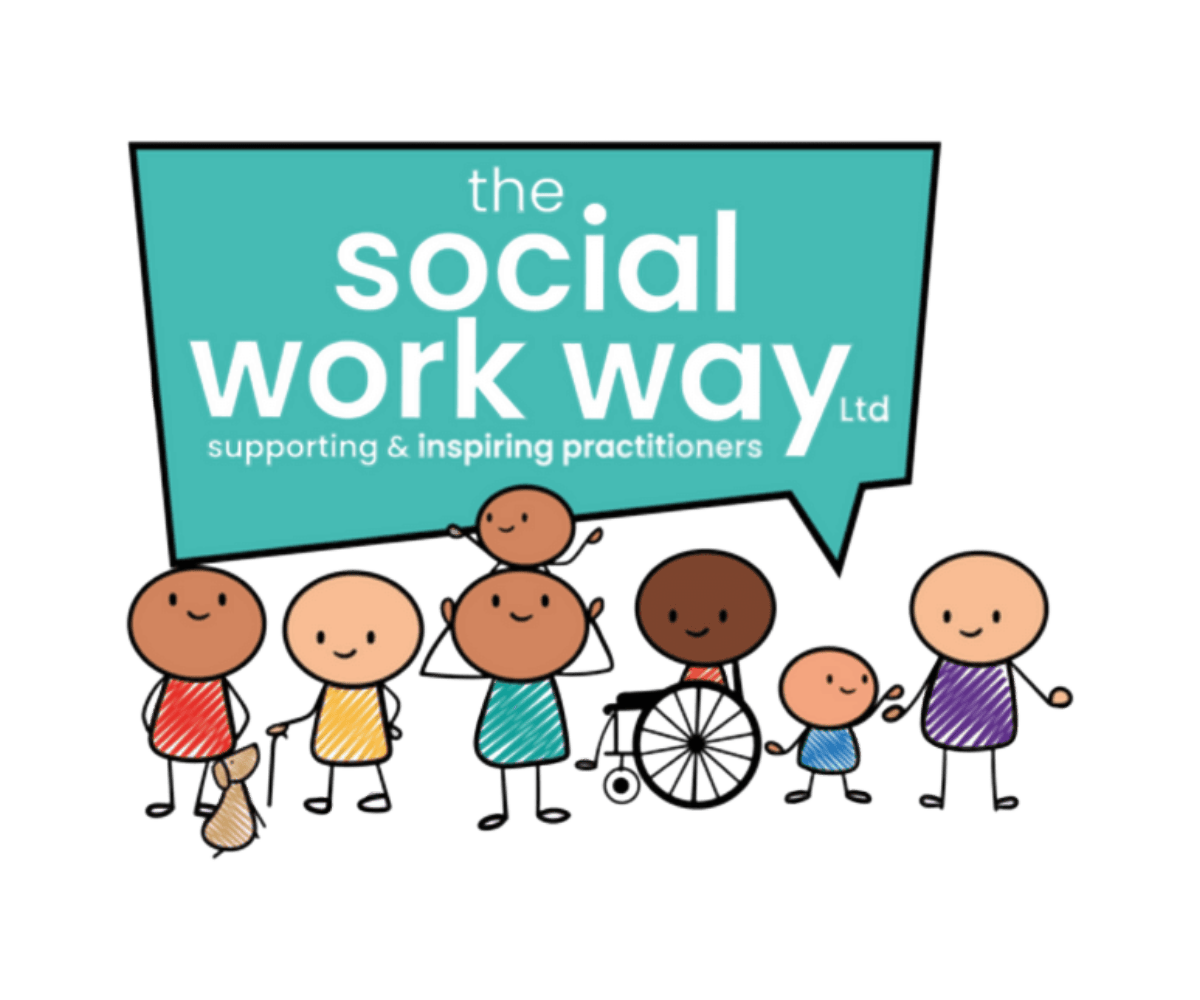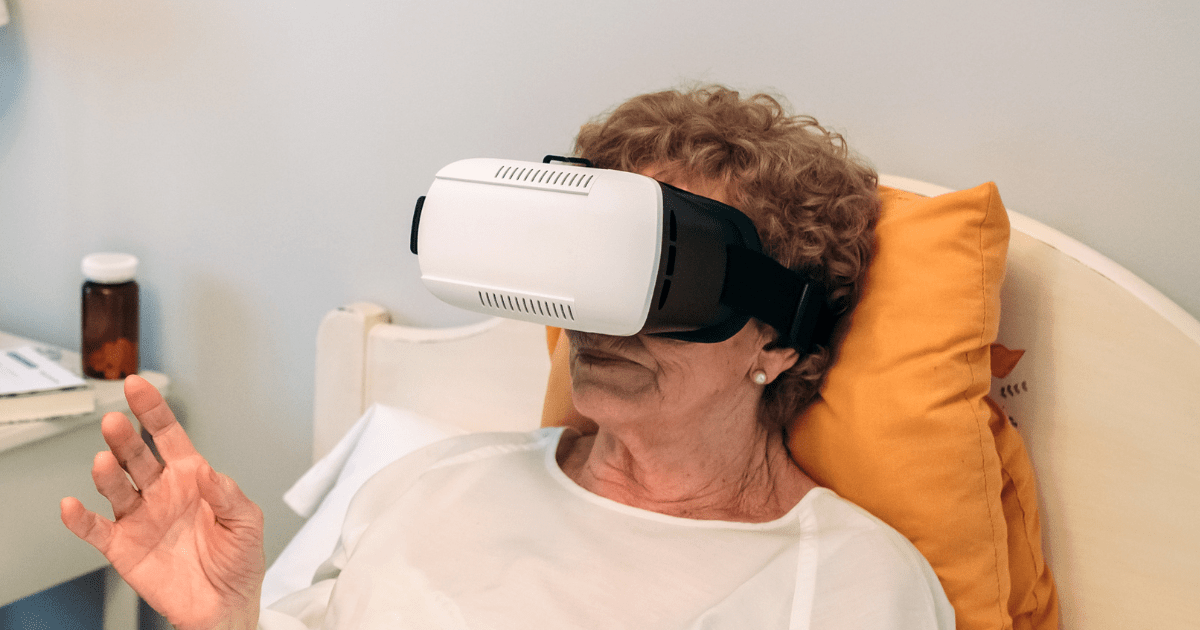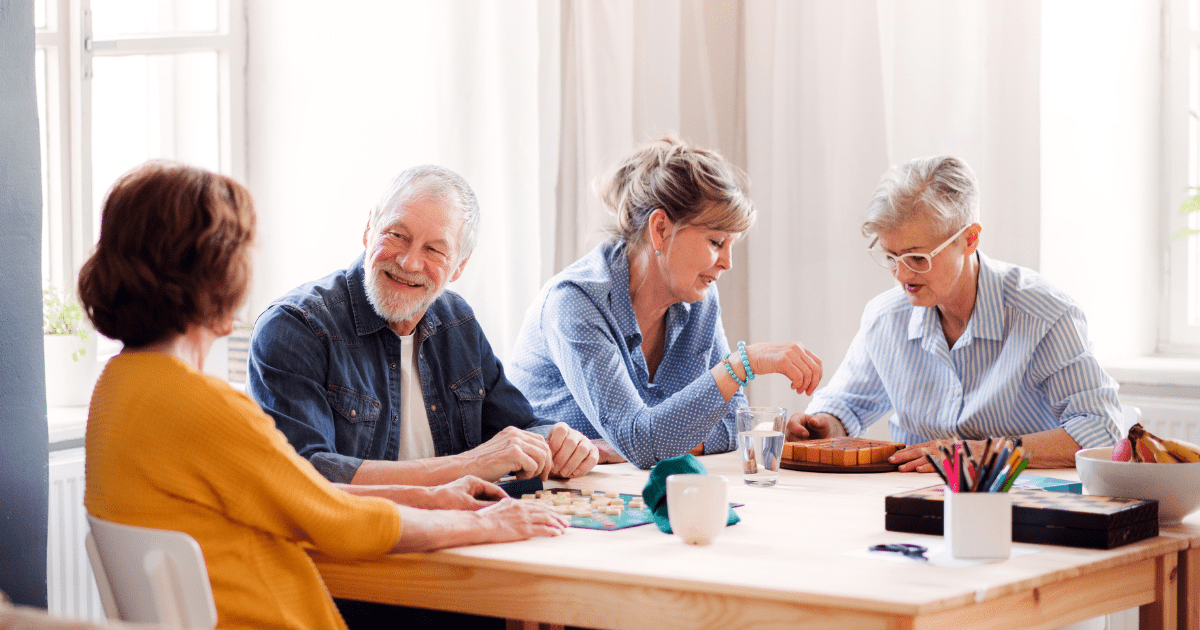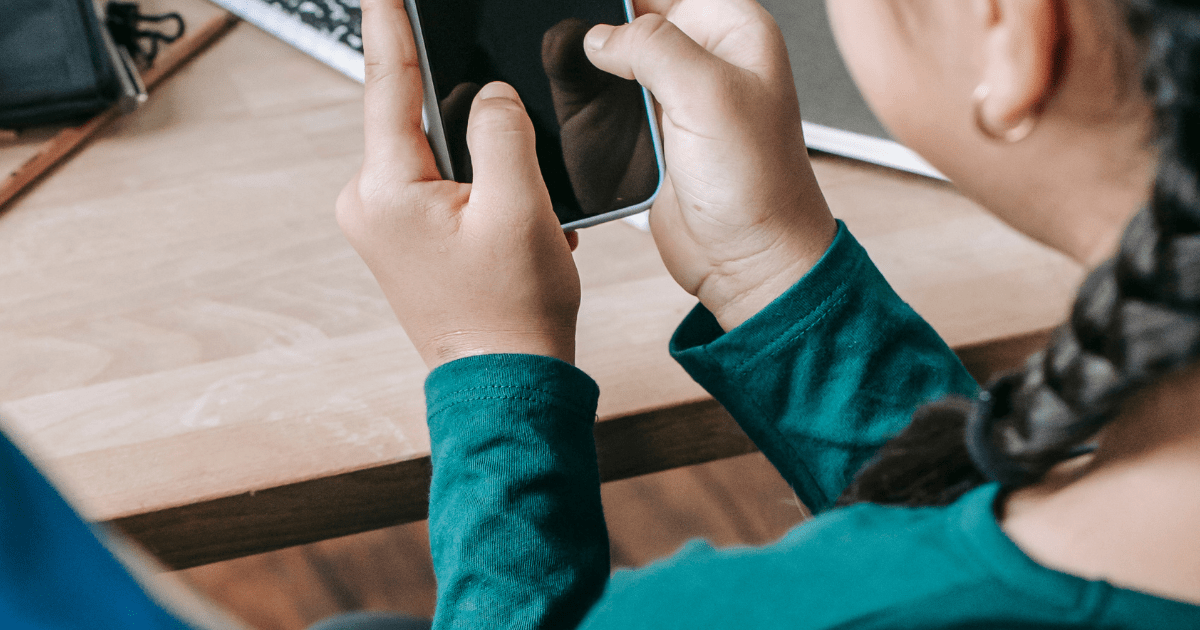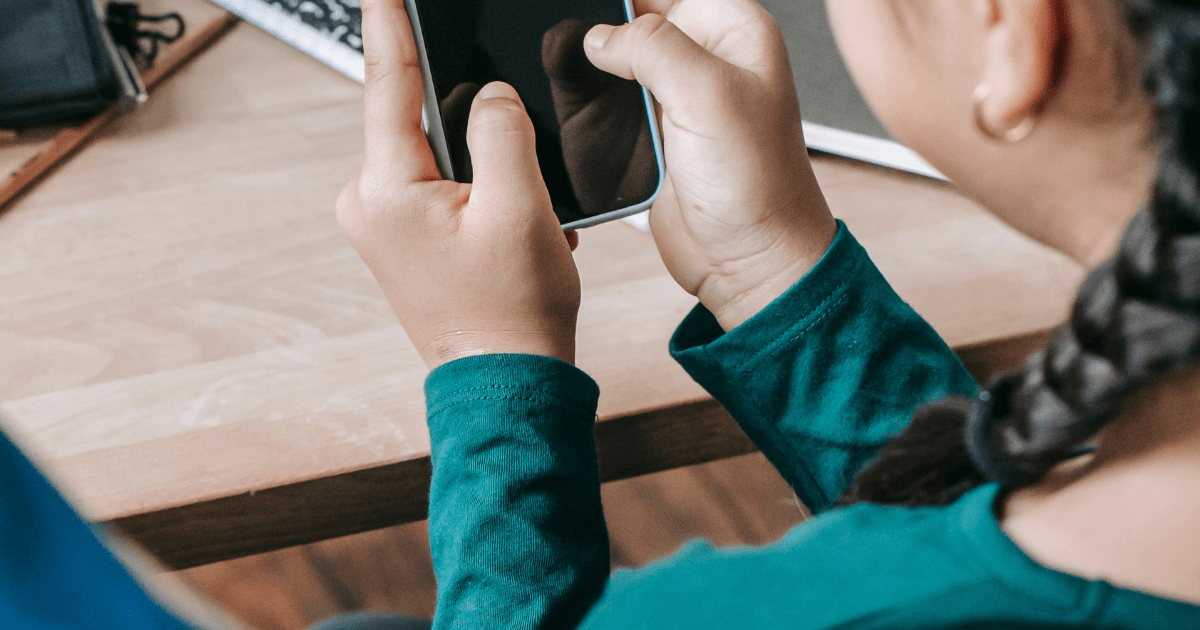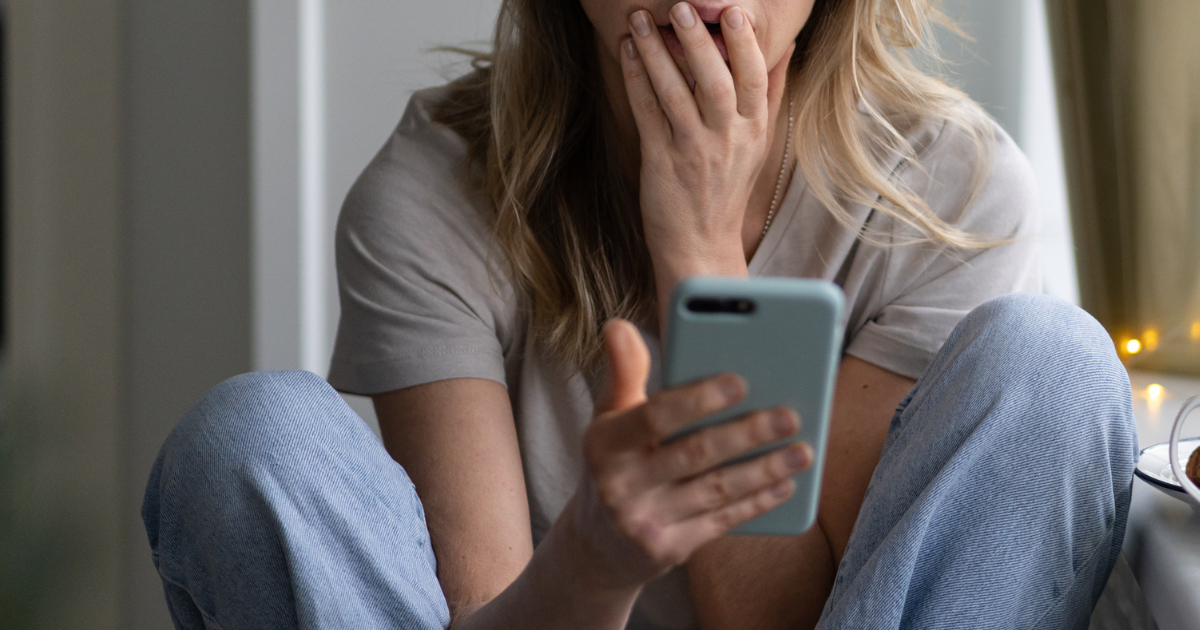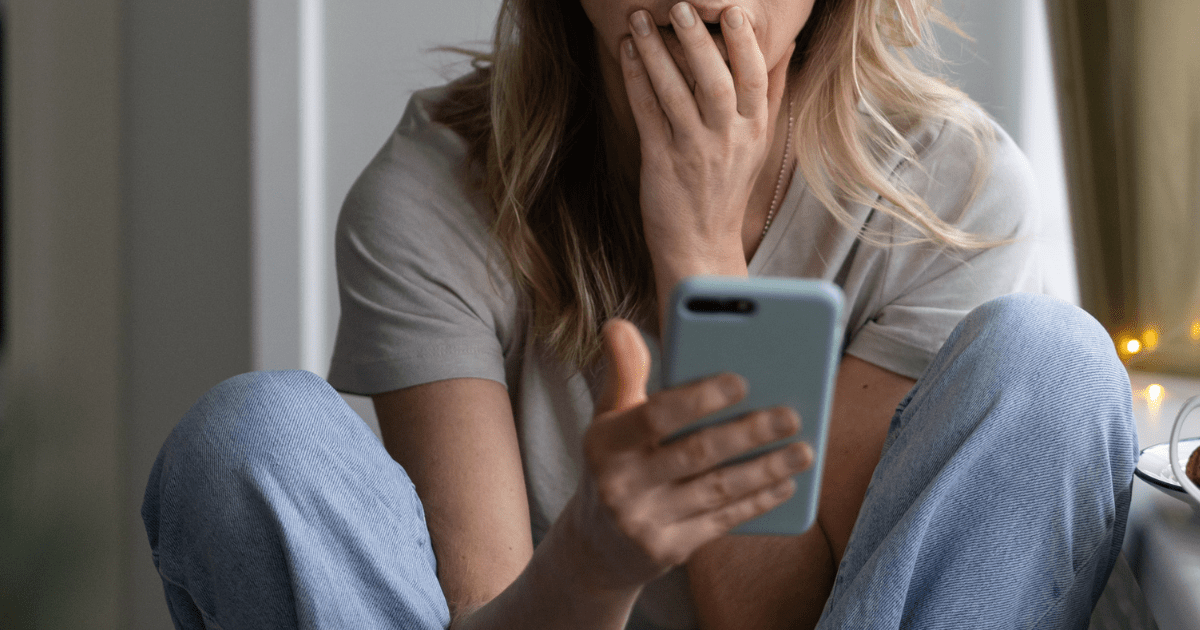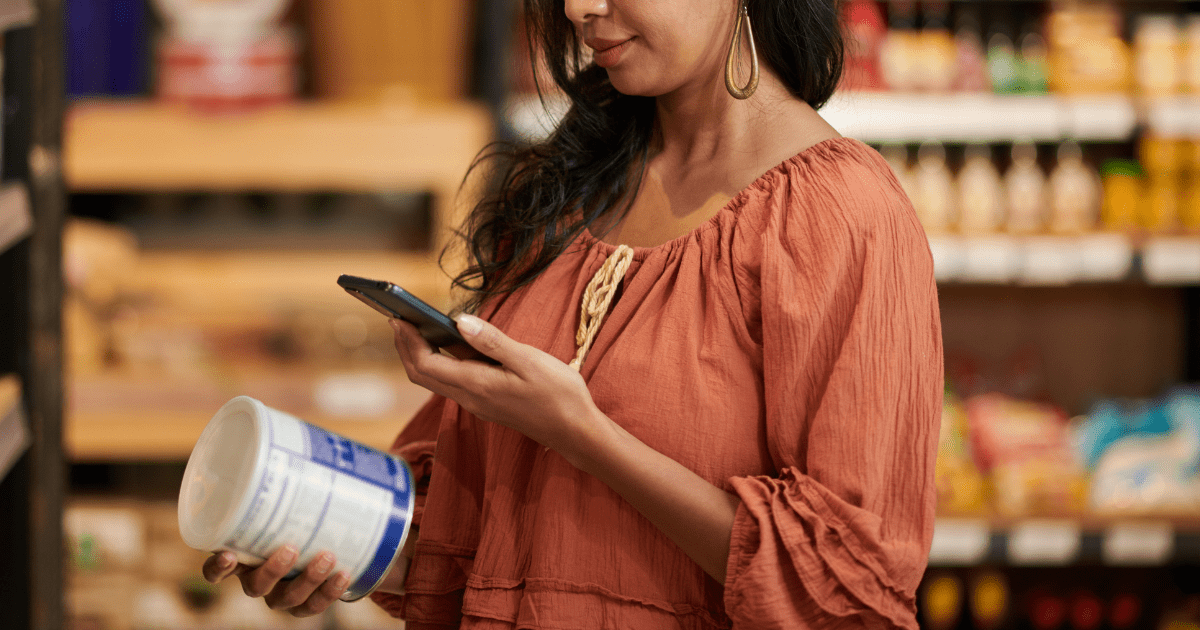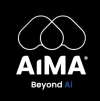WelcoMe, an application that facilitates visits to venues for people with disabilities
WelcoMe, an application that facilitates visits to venues for people with disabilities
Neatebox
Application aimed at making visits to venues more accessible for people with disabilities
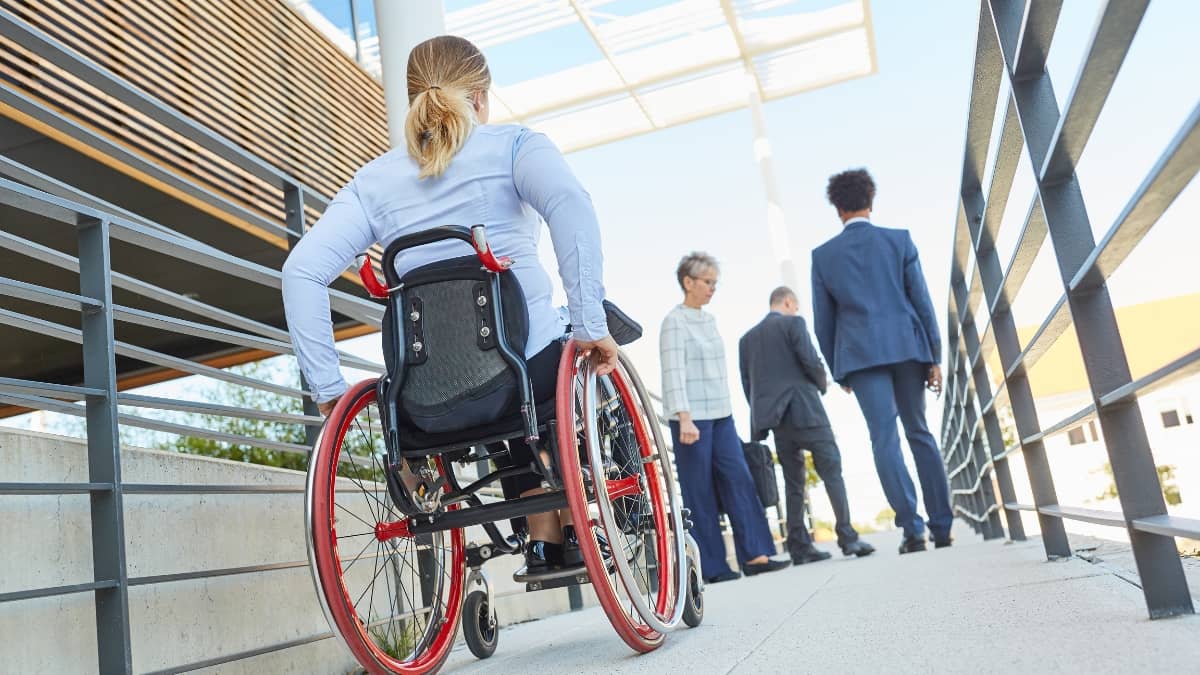
The operation of WelcoME is very intuitive. First, the user must create a profile, where they specify their disability and impairments, with up to 30 options available. However, if they prefer, they can keep this information confidential. In addition, they are also asked to indicate the specific services they require once they arrive at the venue, such as accessible restrooms or parking.
Once the profile is set up, the visit planning process can begin. Through a search tool, the user can see which spaces are registered in the WelcoMe network. Once the location is chosen, the application requests details about the appointment, such as the date and time or specific needs. Upon arrival, the staff receives a notification of the client’s arrival.
The platform sends the company and its staff all the information about the user, as well as tips and links on how to interact appropriately in each case. This not only facilitates a more comfortable experience for the person with a disability but also allows venues to proactively adapt and provide a more welcoming and respectful service.
Characteristics of innovation
Location
Scotland
Partners / Founders
Genesis
WelcoMe is an application created in 2017 by Gavin Neate, CEO and founder of the Scottish company Neatebox. Neate, who worked for 18 years as a mobility instructor at Guide Dogs UK, aimed to ensure that technological innovation could change the way services are provided to people with disabilities, making them more accessible.
Level of implementation
Currently, numerous companies and establishments offer the WelcoMe service. For example, Levi’s, Google, the Westminster City Council, and Currys.
Banc d’innovacions


